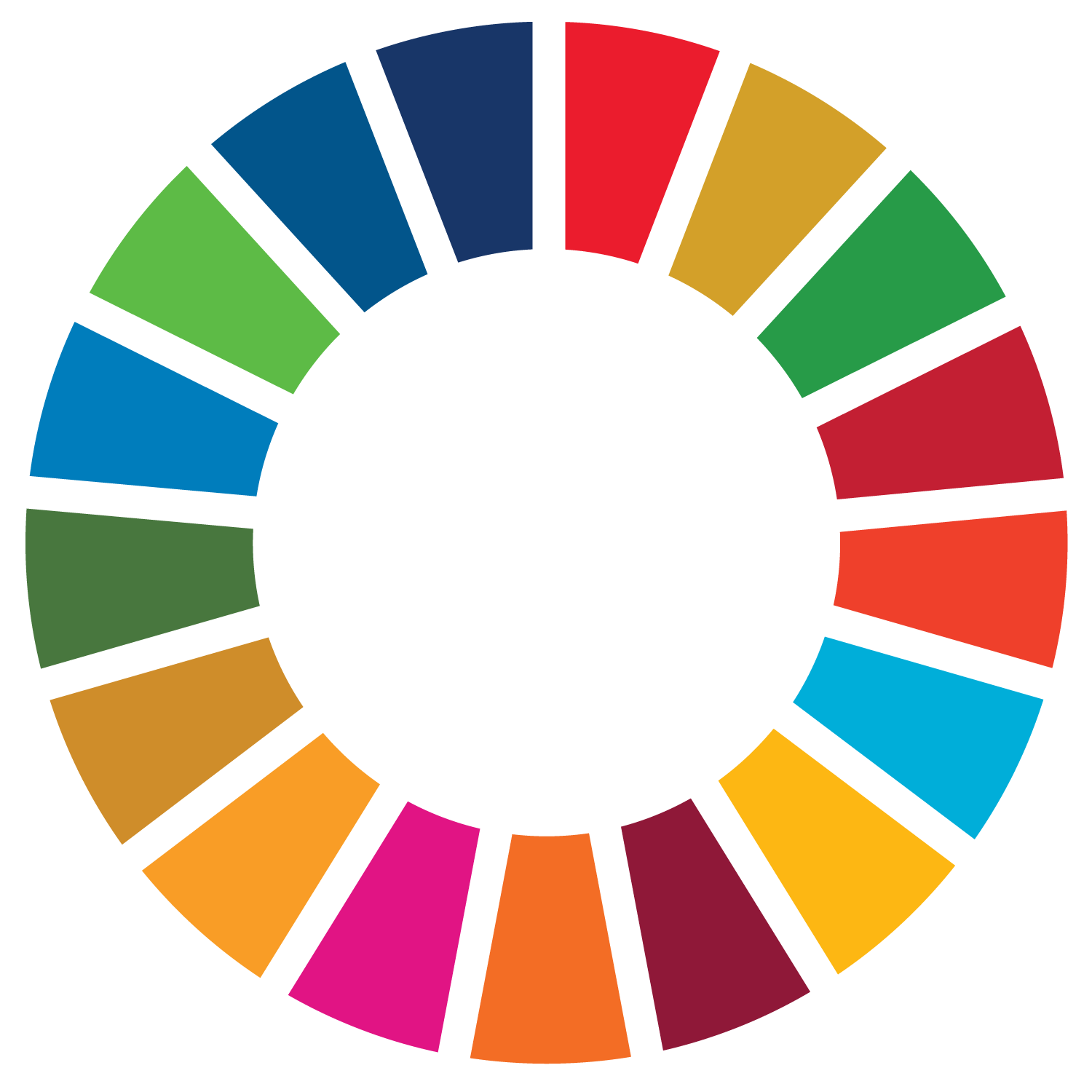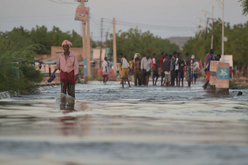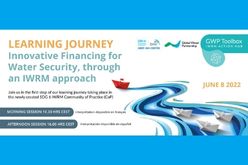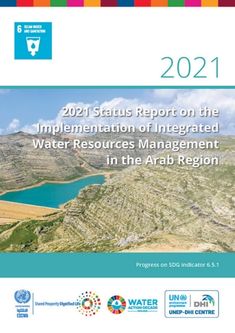Over the past decades, innovations like synthetic fertilizers and chemical pesticides have helped humanity dramatically increase the amount of food it grows. Now, a continual decline of the world’s freshwater reserves is beginning to threaten this time of plenty.
Author Archives: makw
UNEP-DHI Newsletter: June 2022
Nature-based solutions for flash flood mitigation, early warning systems for macroplastic litter in rivers, matchmaking between water managers and water technology solution providers… see our project highlights in our brand-new Newsletter.
Join us to discuss the role of data in combatting marine litter at the UN Ocean Conference
UNEP-DHI is contributing to a side-event at the UN Ocean Conference to highlight the importance of data for decision making. The event focuses on the need for a global Integrated Marine Debris Observing System (IMDOS) to address critical knowledge gaps and promote international action.
Why UNEP-DHI Centre is an increasingly key UNEP freshwater partner
The UNEP-DHI centre is a long-term partner of the United Nations Environment Programme, providing cutting-edge technical expertise to aid the implementation of Sustainable Development Goal 6 on water. Gareth James Lloyd, the centre’s deputy Chief Manager, explains how UNEP-DHI came to being, and why it’s work on freshwater ecosystems is critical for UNEP.
The interlinked threats facing lakes and why we need to protect them
Lakes are invaluable to human and ecosystem health. They contain 90% of the planet’s surface freshwater, provide a home to wildlife, sustain livelihoods, and mitigate climate change. However, due to climate change, pollution, and other factors, the extent and health of lakes worldwide is declining rapidly. Sustainable management of lakes must be part of the solution.
Rapid Integrated Water Assessment in 10 Arid and Semi-Arid Land (ASAL) Counties, Kenya
A multitude of natural and socioeconomic conditions impact the sustainable management of water resources. UNEP-DHI conducted a rapid assessment to identify challenges and opportunities to enhance water security in the ASAL regions of Kenya.
Reducing the impact of flash floods in Somalia
Interlocking problems of illegal logging, deforestation, land degradation, and climate change exacerbate the risk of devastating flooding in Somalia. Ahead of flash flood season, UNEP-DHI has released a study to aid flood management using nature-based solutions.
New report: Status of IWRM implementation in the Arab region
This report, a culmination of cooperation between the Economic and Social Commission for Western Asia (ESCWA) and UNEP-DHI, provides a progress update on implementing IWRM in the Arab region and identifies priority areas that will help accelerate full implementation.
Webinar: Innovative Financing for Water Security through IWRM
The newly created SDG 6 IWRM Community of Practice has just launched its first “Learning Journey”. Centred around innovative financing for water security, the journey will kick off with a webinar on June 8th. Join now to learn from key experts on the topic and fellow IWRM professionals.
2021 Status Report on the Implementation of Integrated Water Resources Management in the Arab Region
This report assesses progress made on IWRM implementation in the Arab region based on country surveys submitted in 2017 and 2020. Through analyzing four fundamental dimensions of IWRM, the report identifies areas of progress and priority areas for accelerating full implementation.
Training of Facilitators Course for SDG 6.5.1
ONLINE COURSE
The SDG 6 IWRM Support Programme has developed a freely accessible Training of Facilitators Course on SDG 6.5.1. The course is aimed at facilitators interested in organising a multi-stakeholder consultation process on SDG indicator 6.5.1.
Training of Facilitators for SDG 6.5.1: online course re-opened
SDG 6 IWRM Support Programme has re-opened the freely accessible Training of Facilitators Course on SDG 6.5.1. The course is aimed at facilitators interested in organising a multi-stakeholder consultation process on SDG indicator 6.5.1.











